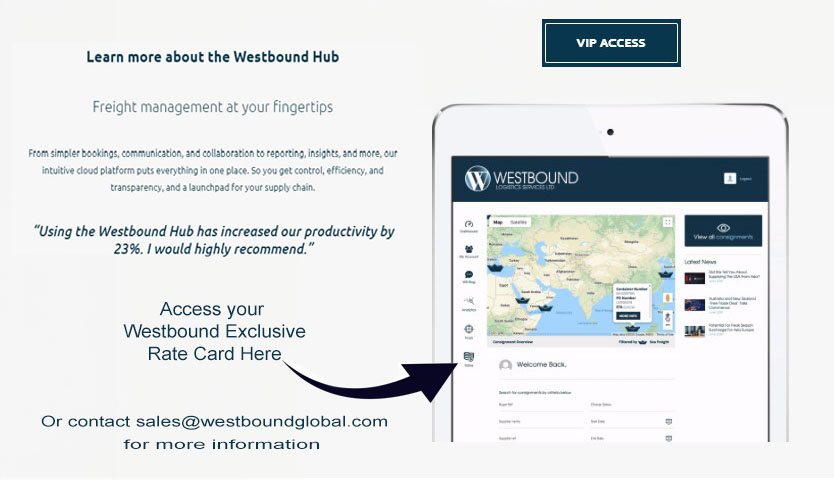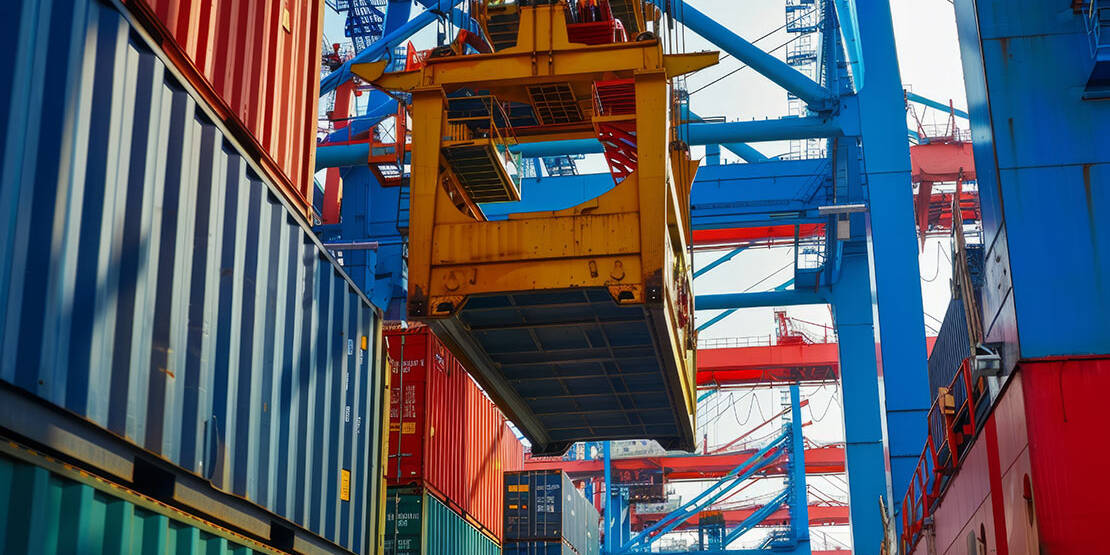Following the attacks on cargo ships in the Red Sea, many carriers have made the decision to re-route vessels around southern Africa, as a result more than 100 container ships are now traversing the Cape Of Good Hope to secure the safety and security of their crews and vessels and to ensure continued shipping services.
As a consequence of this, we have seen an instant rise in ocean freight rates on Asia origin services and notification of inevitable delays in schedules ranging from two to four weeks. This is generating an understandable uncertainty in ETA’s, and a knock-on effect to capacity and available schedules as vessels are tied up for longer. The latter in particular is already impacting the cost to the carriers of an additional 6,000 nautical miles sailing distance which will ultimately affect rates for customers.
Many carriers are implementing an Emergency Peak Season Surcharge which will apply in addition to the recent and upcoming GRI’s, while spot rates have already increased dramatically. We should also be prepared for possible add-on charges to pre published rates as a direct result of mid sail diversions. It is not inconceivable to assume that carriers could apply surcharges under ‘force majeure’ and so this also acts as a timely reminder to ensure ‘all risk marine insurance’ is factored into bookings.
Based on information that we have received at time of writing this update, we are required to apply GRIs and surcharges on top of our rates to address:
1) demand and capacity constraints in the form of carrier GRIs
2) longer sailings around the Cape of Good Hope,
3) higher security costs as a result of safety measures taken for sailing into Israel and the Red Sea region.
To summarise, whilst Westbound will continue to offer competitive rate cards to customers, the current emergency situation does open up the potential for bookings to be rolled or rates not being honoured due to space and equipment shortages. To ensure carrier acceptance of bookings and to gain immediate space we will need to levy the premiums and additional surcharges advised by carriers to these rates. Our team is monitoring the overall situation and cost implications on a daily basis and wherever possible we will pass on any mitigations and reductions in a timely manner. Unfortunately, the current situation is very fluid and as such any additional costs and charges that are applied to affected cargo will be updated in our rates as and when we are notified and will be communicated to our customers in as timely a manner as possible.
We are now facing uncertainty in market conditions for the period leading up to Chinese New Year, especially if the situation in The Red Sea continues for an extended period of time.
Westbound are monitoring the situation and will work tirelessly to try and avoid any disruption to our customer’s supply chains.
If you have any questions regarding the above, then Westbound are here to help. So, please do not hesitate to contact us.

Become a Westbound VIP
From simpler bookings, communication, and collaboration to reporting, insights, and more, our intuitive cloud platform puts everything in one place. So you get control, efficiency, and transparency, and a launchpad for your supply chain.
Related Posts
17/04/2025
Transpacific Ocean Freight Market Reacts To Trade War
Unsurprisingly, ocean freight volumes…


